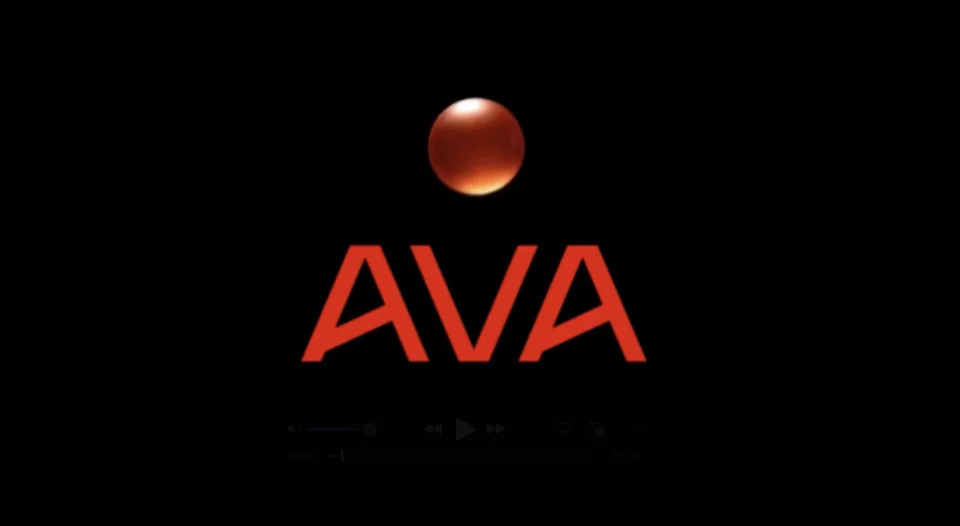

What we watch, listen to, and where we spend our money, in the conditions of today's competition for attention, becomes even more crucial.
No matter how one describes the past year, any epithet will seem inadequate, and any enumeration incomplete. Much has changed, and each of us has felt it. Try to mentally rewind time back to the beginning of 2020. Can you feel how densely packed memories are? A new label for life and work, industry collapses, political crises, technological breakthroughs, and new principles of media consumption.
What could have taken decades, we mastered in a year due to circumstances. In this mode, there’s never a moment to stop and think—what’s next? The unstable world has disrupted many people’s internal navigation systems. Let’s reestablish our bearings and figure out how we will view the world in 2021 and beyond.
In this case, “view” is meant quite literally. According to Kantar, we have become much more dependent on screens. Remember the spring of 2020 when there were concerns that the internet infrastructure wouldn’t withstand peak loads? Those concerns were not unfounded—internet usage increased by 64% in April, and online video streaming surged by more than 50%. For many, content became a way to escape a reality that sometimes shrank to the size of a single room. It’s hard to criticize such escapism—especially when it’s fueled by growing financial uncertainty. Globally, one in three consumers felt (or at least anticipated) a hit to their income.
Major battles will occur in the world of streaming. Not long ago, it was a blue ocean—a place where demand exceeded supply. Now, the ocean has turned red and become crowded. Today, the fight for our attention and wallets is much fiercer. Streaming is no longer just Netflix and YouTube, but dozens of companies. This battle has even penetrated local markets. In Ukraine, Megogo, Oll.TV, Sweet.tv, and platforms from mobile and cable operators are all competing for subscribers.
Modern streaming services aren’t just those selling you series or movies. Video tutorials, exercise recordings, and even cloud gaming all experienced explosive growth in 2020. Yet, even in such a situation, fresh niches remain. For instance, the biggest discovery of the new year so far has been the audio social network Clubhouse. It created the “real-time podcast” niche out of nowhere and secured over $100 million in investments.
The new challenge for ambitious newcomers is to maintain their positions. In the new year, the attention economy clearly converts into real money. Everyone will have to decide how much they are willing to spend on content and which subscriptions to keep. In the battle for money, there will be winners and losers—there are already clear examples of both. For instance, the streaming service with vertical series Quibi operated from April to December 2020, despite $1.75 billion in investments. Meanwhile, Disney+ gained 60 million subscribers in its first year.
The lockdown and the shift to online have left behind an era when internet platforms were strictly utilitarian tools. For example, stores now don’t just sell. They also produce content on multiple platforms, explain, entertain, and express their positions. For instance, Ukraine’s largest online store, Rozetka, switched entirely to Ukrainian on YouTube in January. They had to close their old channel with 1.2 million subscribers, but this decisive move benefited the brand. It’s a matter of survival and adaptation to the future—40% of centennials (the generation under 25) look for brands on social media before making a purchase, according to Kantar.
Pleasing such a consumer is much more challenging. It’s not enough to produce a good product—you need to align with their values. Conscious consumption and support for social initiatives are things modern companies must consider. Be prepared to learn even more about which initiatives businesses support in 2021.
The core technology underpinning traditional internet advertising—cookies—is being phased out. Within the next year and a half, Google Chrome will stop supporting them, and Apple has already tightened user tracking conditions across apps starting in early 2021.
Internet giants are responding to public demand—56% of consumers are concerned about online privacy, according to Kantar. As the online world takes center stage, threats here are being taken much more seriously. The massive user migration that WhatsApp experienced after updating its data processing policies highlighted the strength of this concern. Tens of millions of people switched messaging apps because they were worried about their data.
There’s even more struggle for attention in it. This means that companies will have to make decisions faster, work better with data. And people will have more tools of influence in their hands. A vivid example is how a group of amateur traders from Reddit managed to partially control the stock market.
By actively buying shares of the American video game retailer GameStop, they caused their prices to soar—and drove giant losses to traders who bet on the stock’s decline. The triumph of amateurs didn’t last long—the indicators have already returned to their former values—but it caused panic among big financiers. And the trading app Robinhood had to partially freeze operations and borrow billions from investors.
Another example of self-organization is the Eat the Rich campaign, which is spreading across the American social media segment. The slogan “eat the rich” is not literal yet, it calls for unsubscribing from celebrities and companies with huge fortunes. One of the first targets is Kylie Jenner, who has 213 million followers on Instagram alone. In 2019, Forbes magazine recognized her as the youngest billionaire in history. In 2020, she lost the title—allegedly the star overestimated the value of her cosmetic business. But the value of her advertising posts on Instagram still reaches $1.2 million—and for many, this is not impressive.
What we watch, listen to, and where we spend will become even more important in the conditions of such competition for attention and favor. Venture capitalist Marc Andreessen once wrote that “software is eating the world.” It seems that during the lockdown, this finally happened—it’s just that it turned out that this is not the end point in the development of the internet and the world.



